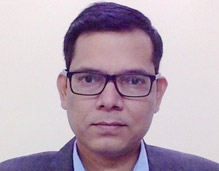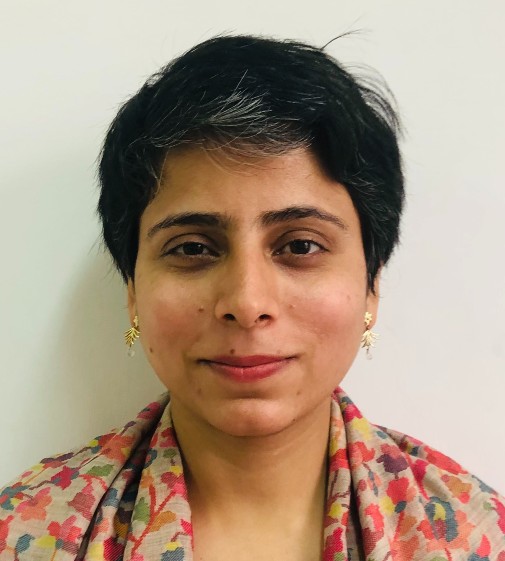Power Politics: How China and Russia Reshape the World by Rob de Wijk
A lot of literature has appeared in recent years on how Russia and China have come to present a common challenge to the US-led world order. But the author of the book Power Politics: How China and Russia Reshape the World, Rob de Wijk, has propounded a different theory to prove a case rather in an ominous way that the old-style power politics has never gone away from the global scene even after the end of the Cold War.
- P. Stobdan
- November 2016









